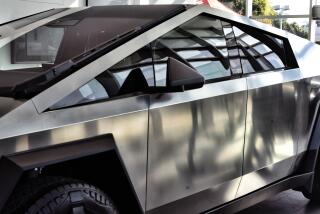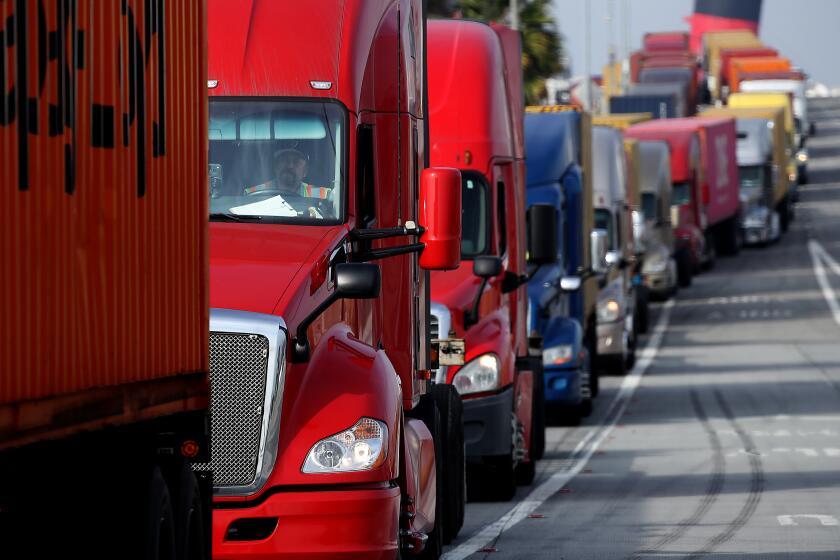Will auto dealers become an endangered species?
It’s been the best of times for auto dealers since the recession.
Those that survived picked up business from those that didn’t. They reorganized their operations to be leaner and more efficient. Auto sales soared 59% to 16.5 million last year from the 2010 low point.
But reports from two different analysts say that dealers better start preparing for stormy, disruptive weather.
Looking several decades out, expect auto sales to plunge, Brian Johnson, an analyst at Barclays Research, recently told auto industry investors.
This will be caused by the rise of autonomous, or robotic, cars.
Looking forward 25 years, Johnson says about half of people will still purchase vehicles for driving in rural areas and for jobs that require driving. Everyone else – people who use vehicles purely as a means of transportation – will be sharing autonomous cars.
That would slash annual U.S. auto sales to 9.5 million.
“A historical precedent exists – horses once filled the many roles that cars fill today, but as the automobile came along, the population of horses dropped sharply,” Johnson said.
He estimated that such a transition would force manufacturers “to shrink dramatically to survive,” with General Motors and Ford slashing North American production by up to 68% and 58%, respectively. Such a reduction could turn thousands of auto dealerships into surplus real estate.
Meanwhile Adam Jonas of Morgan Stanley Research is telling investors to expect a massive consolidation among new and used car dealers and the service business.
“The U.S. auto retail pie is worth nearly $1 trillion split roughly 10,000 ways,” Jonas said.
“Putting aside dealer franchise laws… just given the technological changes we anticipate hitting the automotive industry, we think there could be some room for a bit of consolidation here,” he said, predicting the business will fall to “as few as tens of groups in the future.”
Much of this will come from people bypassing dealers.
“As consumers move from owning cars to sharing cars auto retailers will face fundamental changes to their place in the mobility ecosystem,” Jonas said.
This will raise legal questions as dealers attempt to use the patchwork of state franchise laws to protect their turf.
Efforts by dealer groups in various states to limit Tesla Motors’ move to bypass car dealers and sell its vehicles through company-owned stores is an early example of this tension
Other analysts are already pointing to the lawsuit filed earlier this month by the California New Car Dealers Assn. against TrueCar Inc., which operates a digital platform for car sales, as an example of dealers attempting to protect their business from technology-based interlopers.
“If a tech firm were to operate a fleet of say 10 million cars in a pay-by-the-mile or by-the-minute model, would such a business fall under the umbrella of current dealer franchise laws?” Jonas asked. “It’s a gray area. But as this issue attracts broader scrutiny and analysis we expect the gray to become black-and-white rather quickly.”
Follow me on Twitter (@LATimesJerry), Facebook and Google+.







